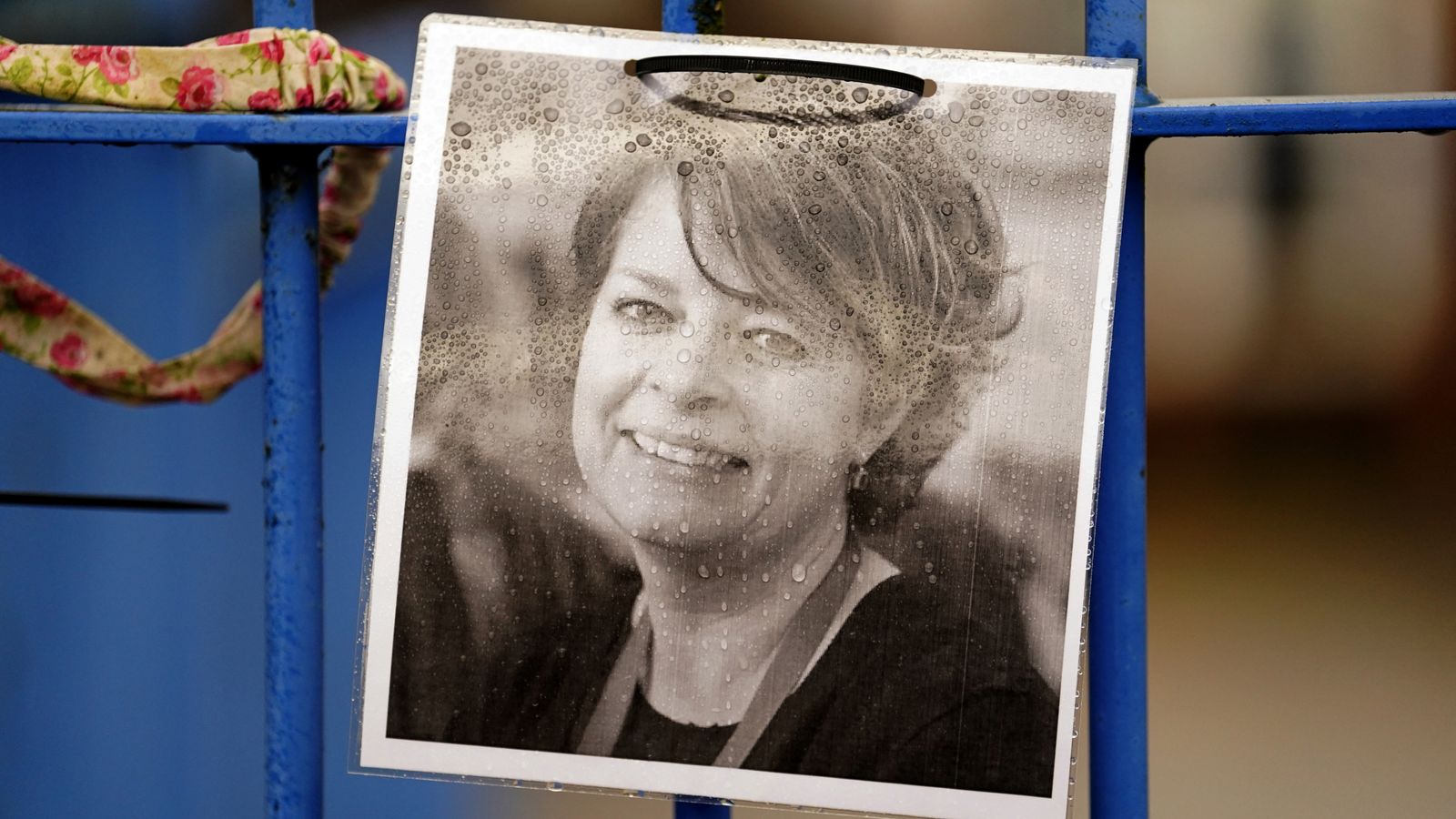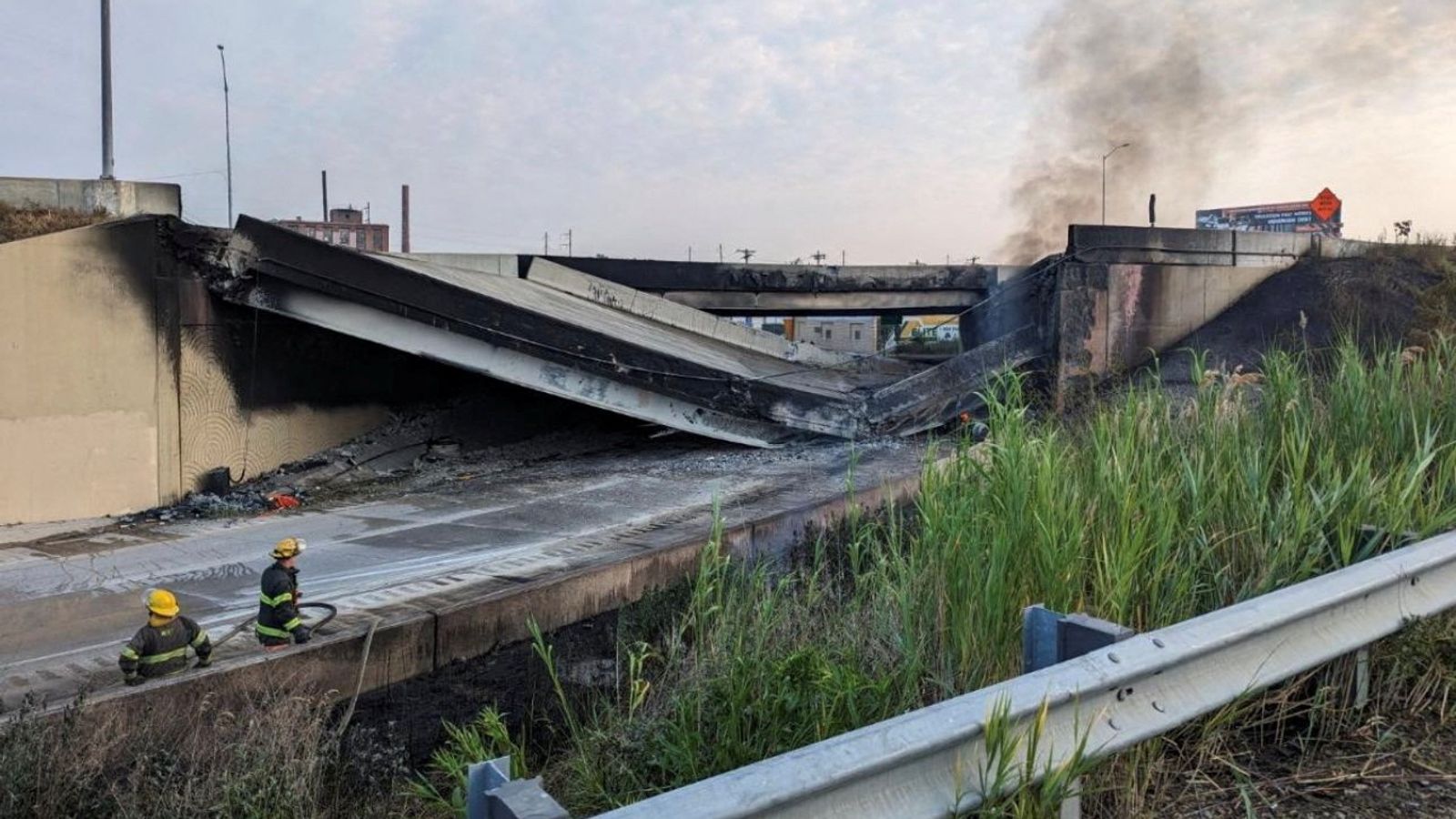The sister of a teacher who killed herself after her school was downgraded by Ofsted says newly announced reforms of the inspection system do not go far enough.
Ruth Perry, the headteacher of Caversham Primary School in Reading, took her own life in January.
The school was found to be “good” in every category apart from leadership and management, where it was judged to be “inadequate”.
Pressure has been mounting on Ofsted to introduce reform since Ms Perry’s death, with calls for one-word assessments – defended by Education Secretary Gillian Keegan as clear and easy for parents to understand – to be abolished.
Ofsted’s changes stop short of banning the single-word ratings.
Chief inspector Amanda Spielman insisted Ofsted is listening to the concerns raised in the wake of Ms Perry’s death and has been “thinking carefully about how we can revise aspects of our work without losing our clear focus on the needs of children and their parents”.
Ms Perry’s sister, Professor Julia Waters, said the changes are “a start” but do not “adequately address the many problems that the system creates”.
Revealed: The military personnel turning to food banks as cost of living crisis hits
11-year-old girl from British family shot dead in France
Panel investigating Boris Johnson set to conclude that he deliberately lied to MPs over partygate
She added: “I am disappointed that no mention is made about removing harmful and misleading single-word judgements.
“I can understand the need to provide clarity and simplicity for parents about an inspection, but too much is hidden or lost behind a headline judgement of just one or two words.”
Ms Waters did welcome plans to remove a requirement that the inspectorates’ findings stay confidential before results are published as a “very welcome, much-needed change” and also welcomed the additional funding for mental health support.
Unions and Labour have also criticised the changes, saying Ofsted must go further.
The reforms include the launch of a formal consultation on changes to the complaints system, which the watchdog said would be aimed at resolving complaints more quickly.
Schools will also be given more information about the timing of their inspections.
The watchdog will still turn up with only a day’s notice, but there will be “more clarity” about the year schools are likely to be inspected.
Inspection reports will also refer to the school, rather than individuals, when discussing areas of weakness from September onwards.
Schools graded inadequate overall only due to ineffective safeguarding – where all other judgements were good or better – will see inspectors return within three months of an inspection report being published.
This is more quickly than has previously been the case. If the school has been able to resolve the safeguarding concerns it is likely to see its overall grade improve, Ofsted said.
From September, schools will also be given more clarity about the threshold for effective versus ineffective safeguarding.
Read more: Ofsted grading process ‘nonsense’ and evidence made to fit rating, former inspector claims
A programme that provides well-being help for teachers will be expanded by March 2024.
But Paul Whiteman, general secretary of the National Association of Head Teachers (NAHT), said: “It has taken far too long for the government and Ofsted to announce this relatively modest set of measures and school leaders remain immensely frustrated at the lack of urgency and ambition being shown.
“NAHT continues to call for more fundamental reform of the inspection process.
“While the government insists on consigning schools to simplistic single word judgements, the system will remain fundamentally flawed and put unnecessary pressure on school leaders.”
Anyone feeling emotionally distressed or suicidal can call Samaritans for help on 116 123 or email [email protected] in the UK. In the US, call the Samaritans branch in your area or 1 (800) 273-TALK









